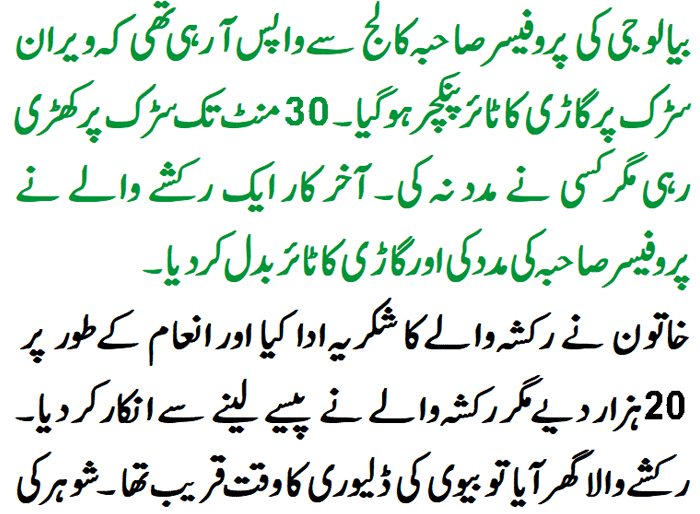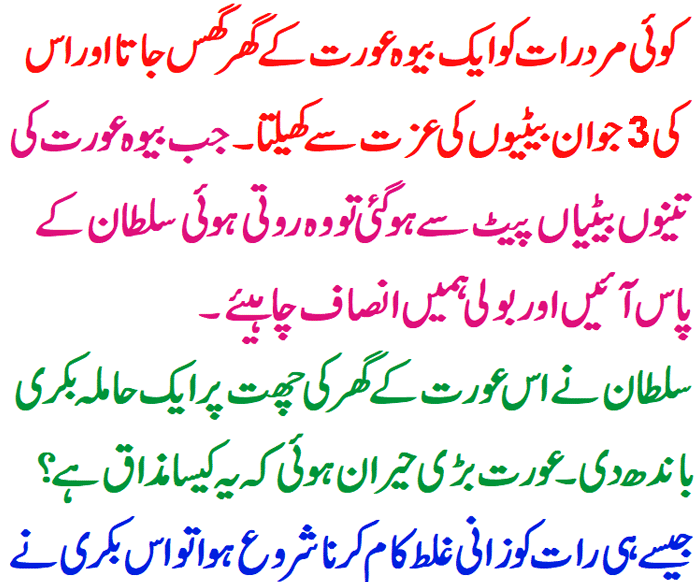Lifestyle Modifications for Blood Pressure Management
1. Healthy Diet
A well-balanced diet rich in fruits, vegetables, whole grains, lean proteins, and low-fat dairy products can help lower blood pressure and reduce the risk of hypertension-related complications. Aim to reduce sodium intake, limit processed and high-sodium foods, and incorporate potassium-rich foods like bananas, oranges, spinach, and sweet potatoes into your diet.
2. Regular Exercise
Regular physical activity is essential for maintaining a healthy weight, reducing stress, and lowering blood pressure. Aim for at least 150 minutes of moderate-intensity aerobic exercise or 75 minutes of vigorous-intensity exercise per week, along with muscle-strengthening activities on two or more days per week.
3. Weight Management




Maintaining a healthy weight is important for preventing and managing hypertension. Losing even a small amount of weight can lower blood pressure and reduce the risk of heart disease and stroke. Focus on achieving a healthy body mass index (BMI) through a combination of diet, exercise, and lifestyle modifications.
4. Limit Alcohol and Caffeine
Excessive alcohol consumption and caffeine intake can raise blood pressure and increase the risk of hypertension. Limit alcohol consumption to no more than moderate levels (up to one drink per day for women and up to two drinks per day for men) and monitor caffeine intake from coffee, tea, and other sources.
5. Stress Management
Chronic stress can contribute to hypertension and other health problems. Practice stress-reduction techniques such as deep breathing exercises, meditation, yoga, or tai chi to promote relaxation and lower blood pressure. Prioritize self-care, set boundaries, and seek support from friends, family, or mental health professionals as needed.
Medical Interventions for Hypertension
1. Medication
In addition to lifestyle changes, many people with hypertension require medication to help lower and control their blood pressure. There are several classes of medications available, including diuretics, beta-blockers, ACE inhibitors, angiotensin II receptor blockers (ARBs), calcium channel blockers, and others. Your healthcare provider will determine the most appropriate medication based on your individual needs and medical history.
2. Blood Pressure Monitoring
Regular blood pressure monitoring is essential for managing hypertension and evaluating the effectiveness of treatment. Your healthcare provider may recommend home blood pressure monitoring using a digital blood pressure monitor or ambulatory blood pressure monitoring to track your blood pressure over time and make adjustments to your treatment plan as needed.
3. Lifestyle Counseling
In addition to medication, lifestyle counseling and education are important components of hypertension treatment. Your healthcare provider may recommend working with a registered dietitian, exercise physiologist, or other healthcare professionals to develop a personalized treatment plan that addresses your specific needs and goals.
4. Complementary Therapies
Some people with hypertension may benefit from complementary therapies such as acupuncture, biofeedback, massage therapy, or relaxation techniques to help lower blood pressure and reduce stress. These therapies should be used in conjunction with conventional medical treatment and under the guidance of a qualified healthcare provider.
Conclusion
Hypertension is a common but manageable condition that requires ongoing monitoring and treatment to prevent complications and promote better health. By making healthy lifestyle choices, including following a balanced diet, getting regular exercise, maintaining a healthy weight, limiting alcohol and caffeine intake, and managing stress, you can help prevent and control high blood pressure. Additionally, working closely with your healthcare provider to develop a personalized treatment plan that may include medication, blood pressure monitoring, lifestyle counseling, and complementary therapies can help you effectively manage hypertension and improve your overall quality of life.



